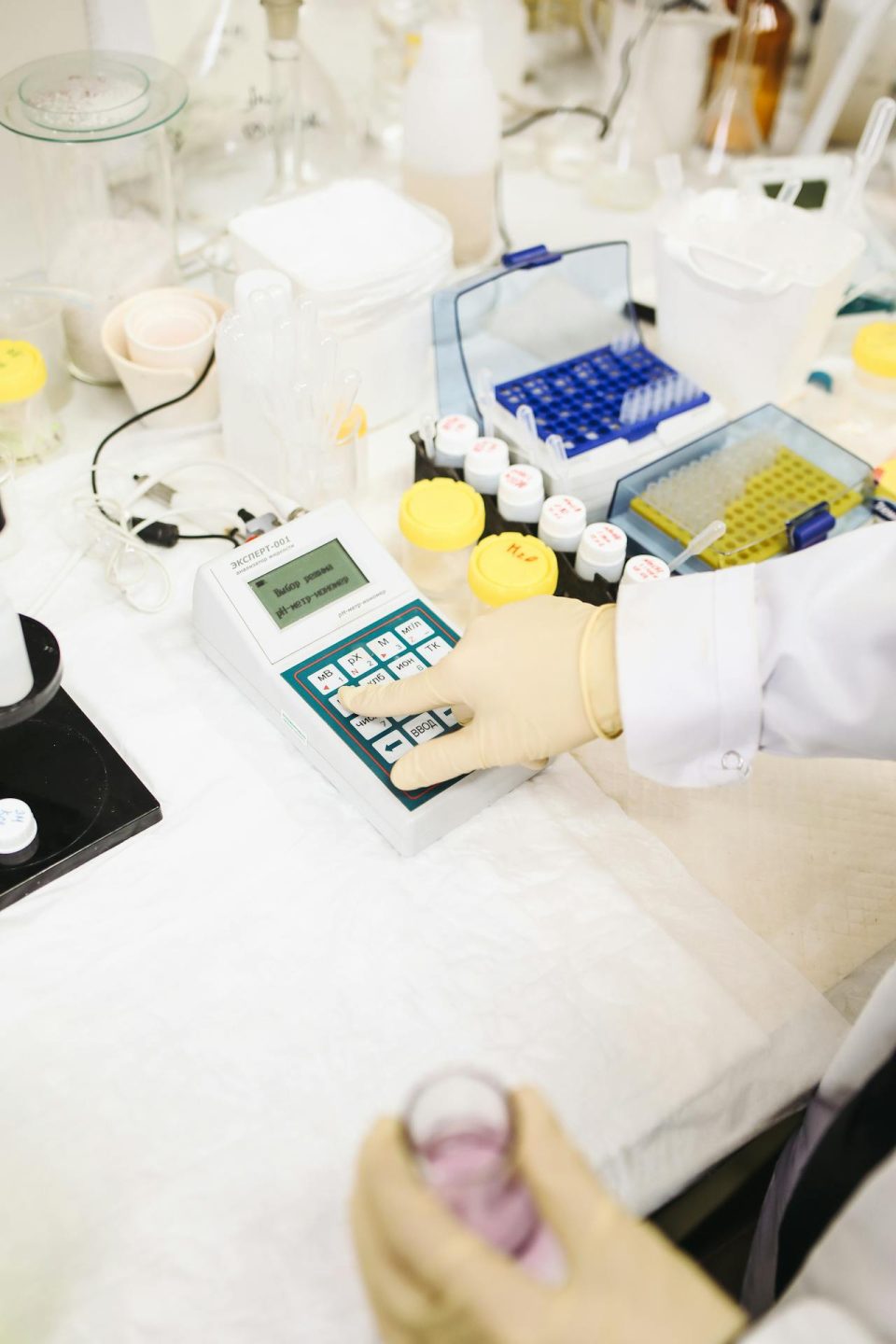Lexaria Bioscience Corp witnessed a notable surge in its stock value on Monday, propelled by positive interim results from an ongoing human pilot study evaluating the DehydraTECH™ technology for the oral delivery of the glucagon-like peptide-1 (GLP-1) drug semaglutide. This drug is commercially available in the branded product Rybelsus, and the study is conducted by a renowned university research center.
At the time of this publication, Lexaria Bioscience Corp stock (LEXX) has witnessed a surge.
Lexaria Bioscience Corp
Current Price: $1.61
Change : +0.30
Change (%): (22.90%)
Volume: 231.9K
Source: Tomorrow Events Market Data
The study, comparing a single 7 mg semaglutide dose of a Rybelsus tablet (“Control”) to a matching dose from Rybelsus compound formulated in capsule form using DehydraTECH processing technology enhancements (“DehydraTECH GLP-1”), showcased compelling outcomes. Blood levels of semaglutide were examined 18 times over the first 10 hours and once again 24 hours after administration. Notably, DehydraTECH GLP-1 demonstrated a ~125% higher blood semaglutide level than the Control just 20 minutes after oral administration. Throughout the 10-hour period, the DehydraTECH GLP-1 levels consistently outperformed the Control, with a 16% higher peak at 120 minutes.
Even 24 hours post-dosing, DehydraTECH GLP-1 blood semaglutide levels remained approximately 25% higher than the Control levels. The total semaglutide drug quantity based on the area under the curve (AUC) delivered by the two interventions over the 24-hour monitoring period was approximately 15% higher in the DehydraTECH-GLP-1 formulation compared to the Control.
In terms of side effects, the study reported that two of the three Control subjects experienced moderate nausea, while none of the four DehydraTECH GLP-1 subjects reported such effects. The study’s small sample size limited the statistical significance analysis, emphasizing the need for expanded studies in the future.
The ongoing study, meant to provide early-stage insights, is not yet complete. Lexaria expects to release additional results, including blood glucose data, in two tranches. Final results are anticipated in late December or early January, following a cross-over study visit.
Lexaria’s success in enhancing drug performance through DehydraTECH is not new, as evidenced by previous research in cannabidiol (CBD). The company plans to explore various DehydraTECH GLP-1 formulations to optimize delivery and performance, drawing from the success of past advancements.
Looking ahead, Lexaria has initiated the design of a comprehensive animal PK and efficacy modeling study program to further explore DehydraTECH compositions and different GLP-1 drug molecules. The company anticipates beginning the DehydraTECH-GLP-1 animal study in Q1, 2024, with a multi-week human clinical trial possible in Q2 or Q3, 2024, contingent on raising additional capital.
Through these endeavors, Lexaria aims to demonstrate superior PK performance, potentially revolutionizing the oral delivery of GLP-1 drugs. The ultimate goal is to attract commercial product development interest and strategic partnerships within the pharmaceutical industry, positioning oral GLP-1 drugs as more cost-effective, less invasive alternatives to injectables with enhanced health benefits.

